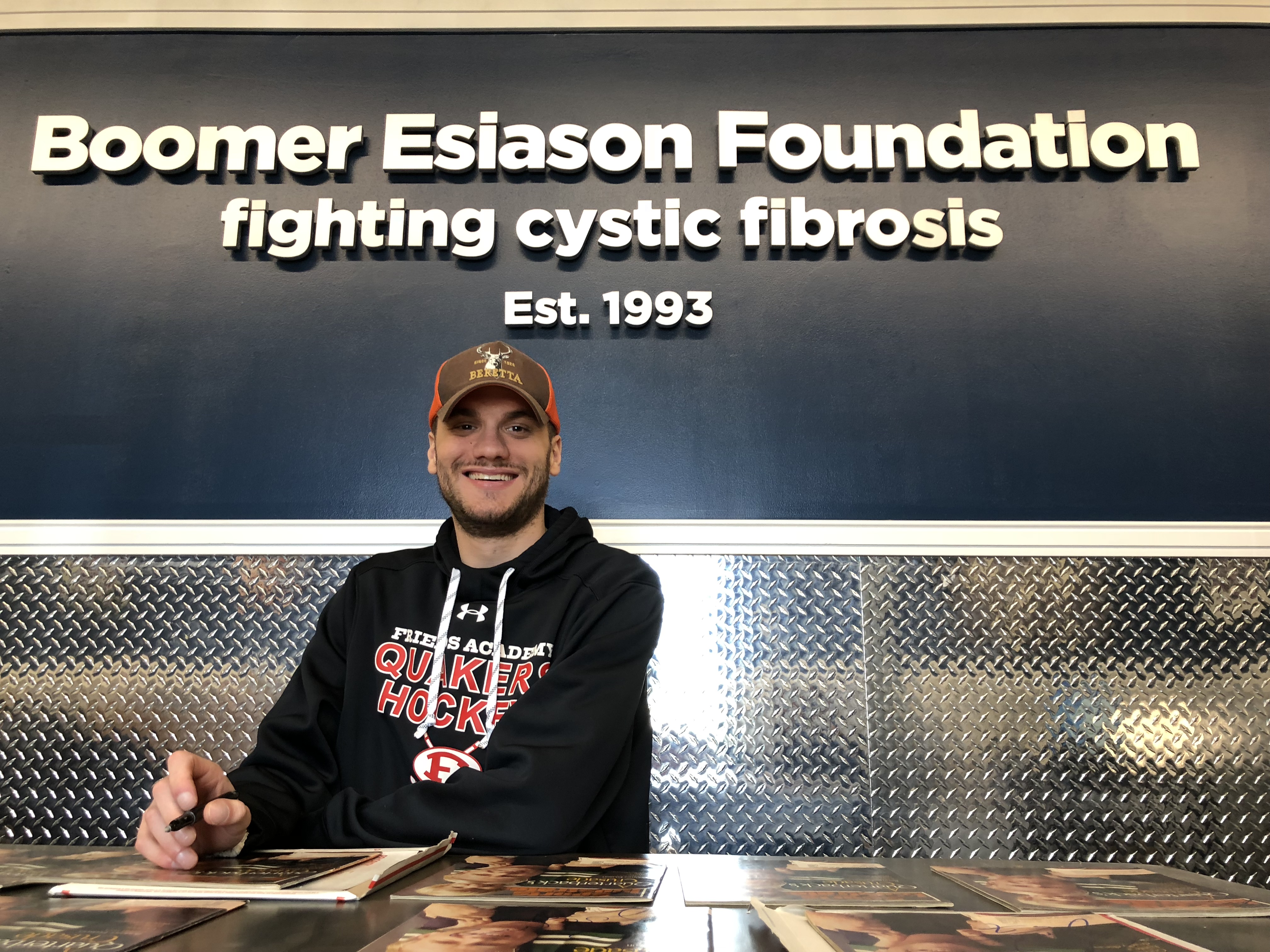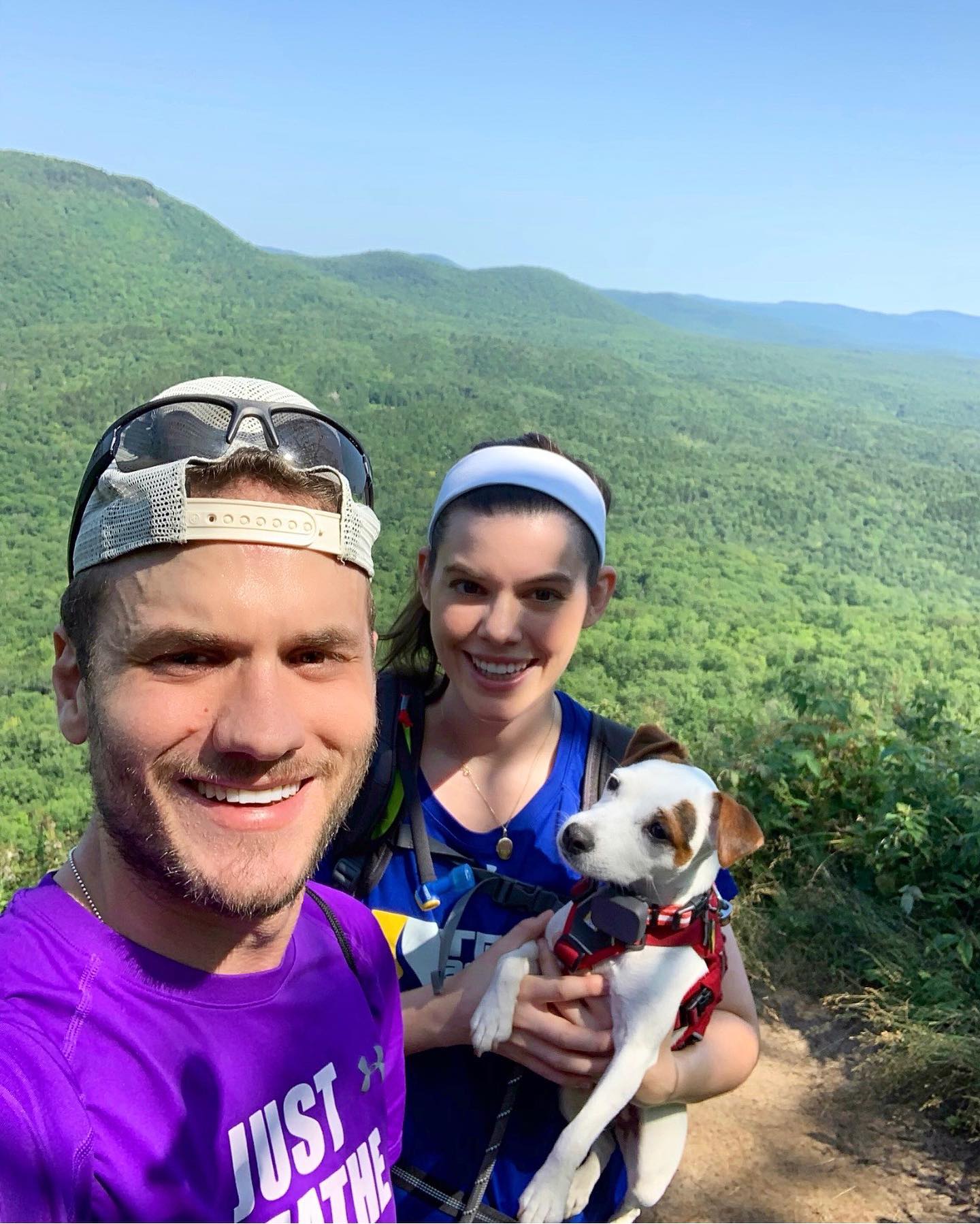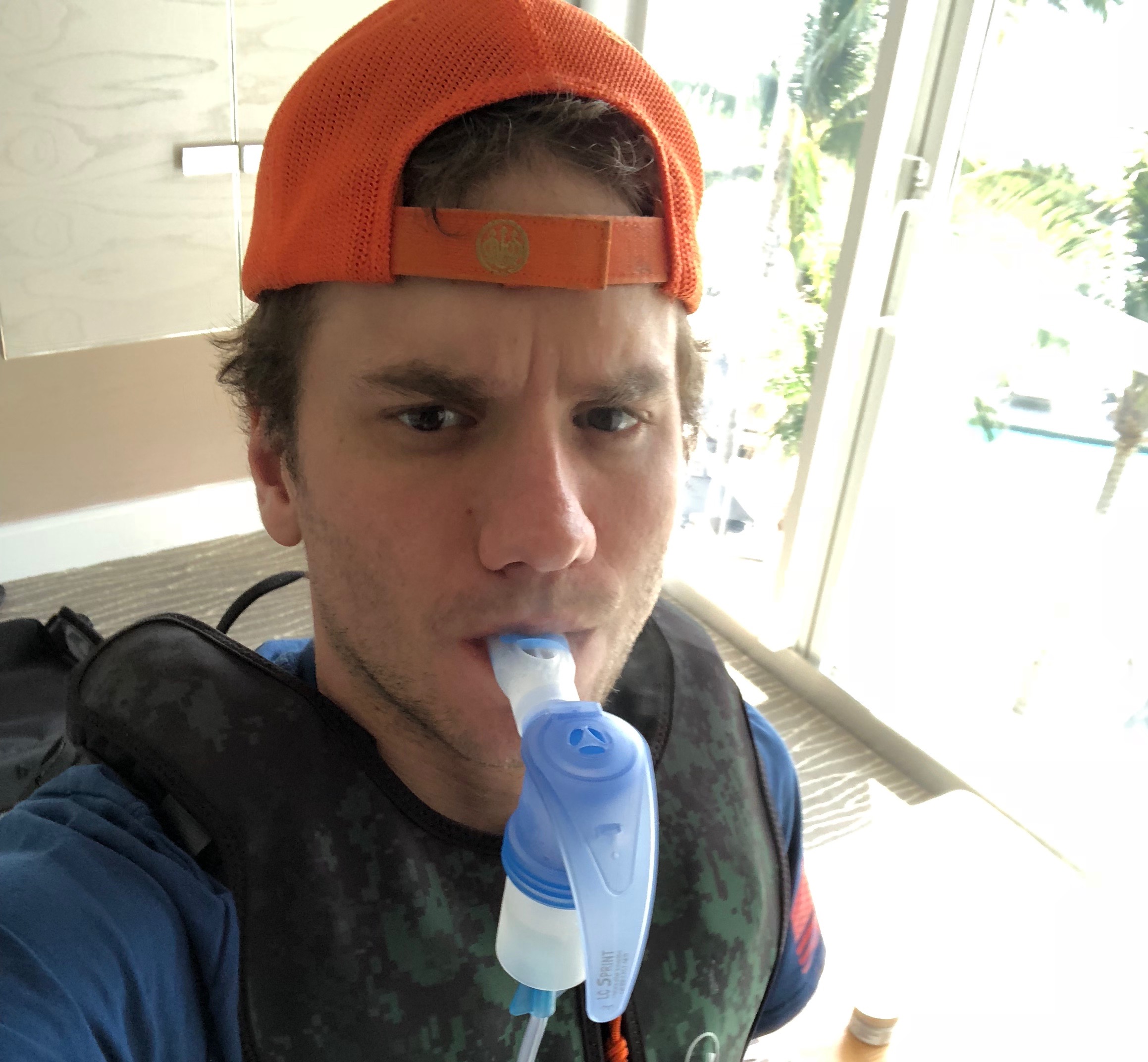Living with a chronic illness has value.
The responsibility of care for CF is both active and arduous, and the condition’s aggressiveness is often debilitating, until it runs a person’s life into the ground. Despite that, though, the illness has also shaped me, hardened me and forced me to be in a constant state of disciplined vigilance – survival skills, more or less. When I apply those survival skills to other parts of my life, I actually feel like I have an edge on the general population.
I want to list some of those skills here, talk about how I apply them to my life, and then encourage you to find the skills your chronic illness has helped to develop.
Self-Advocacy
There is no more important skill when living with a chronic illness than advocacy. I largely credit my longevity to my ability to take control of different situations, speak up when I feel like I am being mistreated and understand the intricacies of a multisystem condition like cystic fibrosis. I lean on advocacy in my professional life when I am trying to defend a proposal or when I need to negotiate a settlement between different opinions. I also apply it to my personal relationships, or when I in charge of creating plans for a larger group. I always want to feel like I am in a leadership position, and I know that being able to advocate for my care has given me purpose and direction when I use learn on that skill outside of health care.
Absorbing Bad News and Creating an Action Plan
If you’re living with a chronic illness, odds are you’ve received bad news somewhere along the line. For me, I remember a time after I graduated college when I was told I would have to accept diminished health as my new normal following a crippling series of pulmonary exacerbations and other nasty symptoms. It was scary, depressing and frustrating. Although I understood what I was told – after all it’s hard to ignore blood pouring out of my mouth or the inability to complete every day tasks – I refused to accept it. The key to taking on bad news is to stay calm, and then work to understanding it and create on actionable steps to overcome. I applied that lesson to my own life with CF through diving into the complexities of the illness. I was a sponge and absorbed as much I could about CF, and used it to build a productive care plan with my care team. I don’t shy away from making long-term care plans, which I suppose is a bit ironic since I’m living with a terminal illness. In my life outside of care, I take great pride in knowing that my friends bring their own bad news or tough situations to my attention. They look to me as a sounding board and a way to get advice about difficult circumstances. I lean on my own bank of larger experiences to help them!
Organization vs. Flexibility
Routine is part of what allows me to thrive amidst the chaos that is chronic illness. In living a life that sometimes feels uncontrollable, I seek to control what I can, when I can, and my routine allows me to do that. Sometimes, however, I need to be a problem solver, and lean on my willingness to be flexible. Generally speaking, I follow a very organized routine; I dedicate 2 hours (at least) to treatments, 7 hours to my feeding tube, and just everything else in between. I’m working with a well-oiled machine with 27 years of experience. Flexibility comes into play, however, when complications arise that push me to think on my feet – the most common that I face is recurrent hemoptysis (coughing up blood). Coughing up blood is quite common in CF, but my ability to triage myself and select the appropriate course of action inside my routine or larger daily responsibilities is tested from time to time. Diagnose, confirm, act. I apply those skills to my life when I am pursuing different goals, I come up with a plan, and follow it, until that plan reaches the end of it’s rope and I am forced to improvise.
Communication
Finally, communication is paramount when living with chronic illness. Similar to advocating, I have to be able to effectively, and concisely, communicate complex problems and solutions in the simplest of ways. Inside the care setting, we often wait for the one moment to share something important with our providers or a specialist, and if that moment is squandered, it could mean the difference between enhance proper care and failure. Outside of the care structure, we come across those moments all the time. Maybe you are trying to work with or impress a recruiter, a senior employee or something else, and all you get is 5 minutes. When I get those 5 minutes, I lean on my ability to communicate an effective message in pursuit of my desired outcome.
Ultimately, I want people living with chronic illness to see our very unique skills and abilities as tools we can leverage. Yes, it’s hard to live with CF, it’s hard to feel like the cards are stacked against us, but what if we are able to turn those cards around in our culture? What if we could utilize what is unique about us to enhance our surroundings and pursue success? That’s what I try to do, and I challenge you to do the same!





